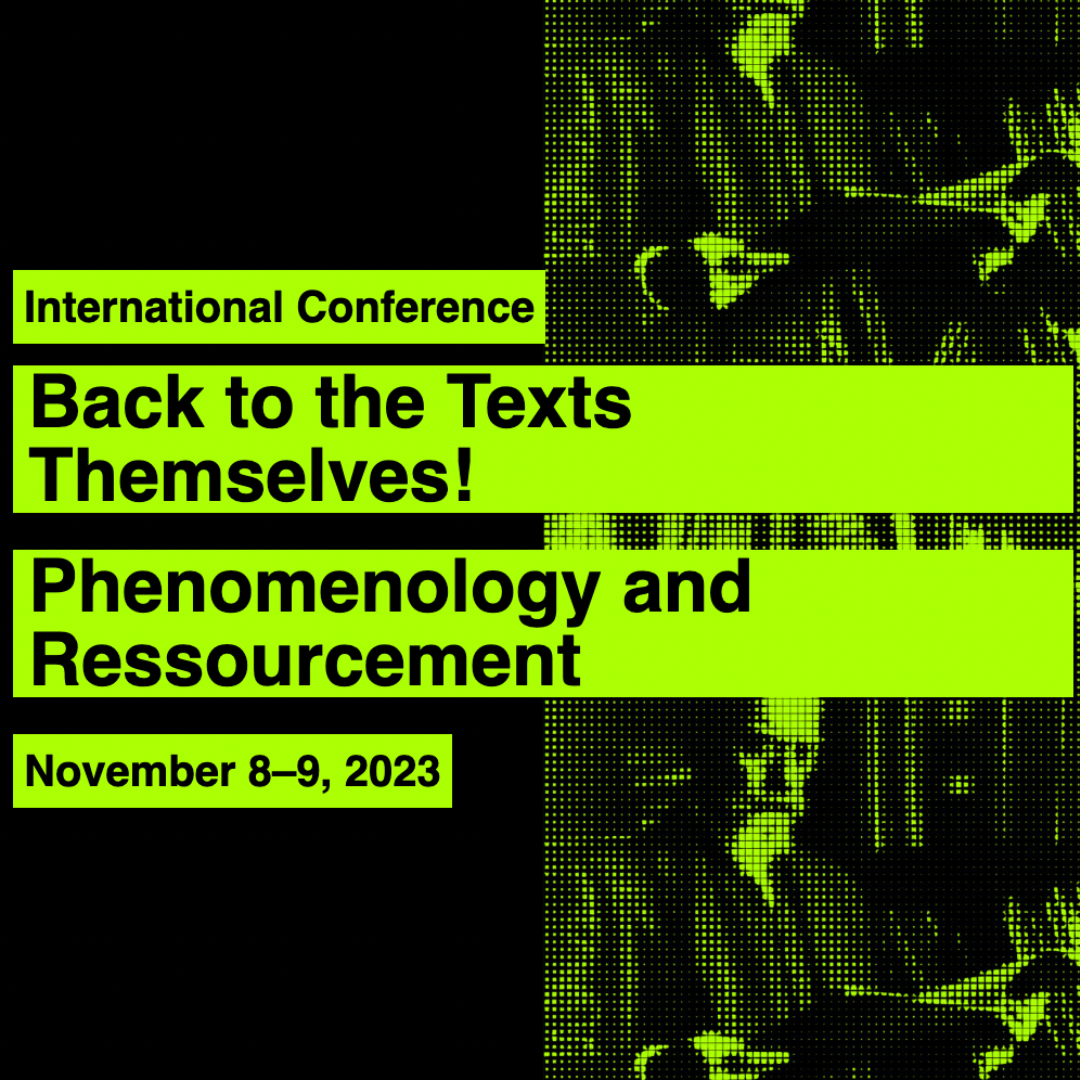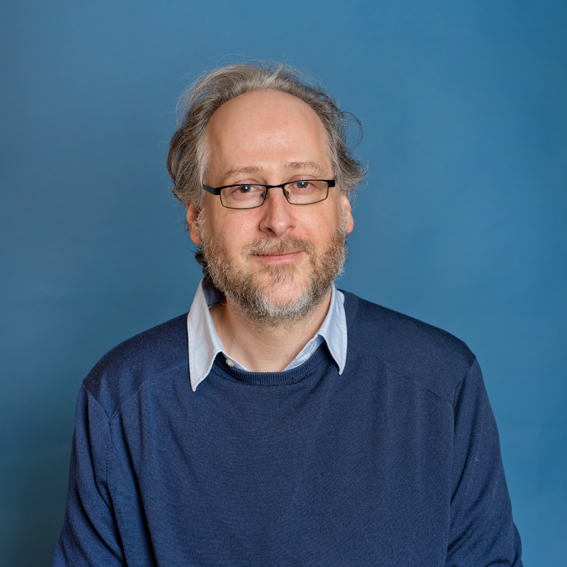
Back to the Texts Themselves! Phenomenology and Ressourcement

A comparative discussion and exchange on how the phenomenological movement, which was founded in prewar Germany by Edmund Husserl and then spread around the globe, inspired different thinkers to turn renewed attention to Jewish, Islamic and Christian intellectual traditions.
What exactly in the method, ideas or works of phenomenology was so conducive for ressourcement? Edward Baring recently portrayed the Catholic milieu through which phenomenology developed transnationally (Converts to the Real: Catholicism and the Making of Continental Philosophy, 2019). What about phenomenology’s life in Jewish, Islamic and Protestant conversations? What new language, hermeneutics and categories did it make available for reading traditional texts? What kind of inter-religious and inter-tradition passages, explicit or implicit, were made possible through this common inspiration?


